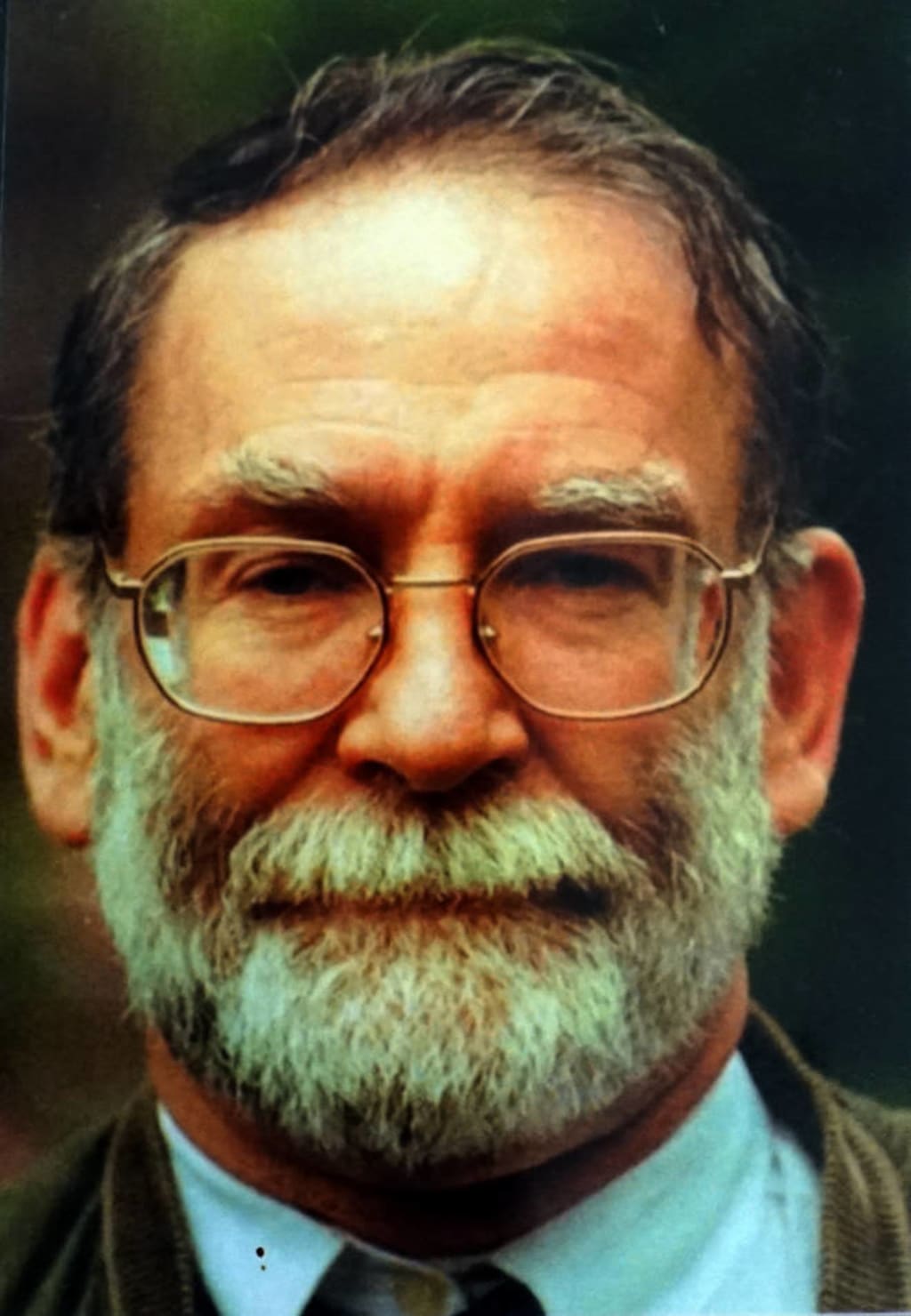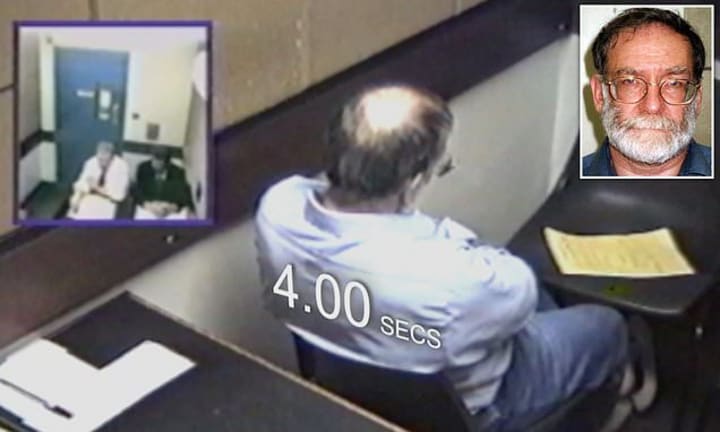"Dr. Harold Shipman" - Dr Death
The Horrifying Story of Harold Shipman, The British Serial Killer Physician

Harold Frederick Shipman was a British physician who went down in history as one of the most prolific serial killers of all time. Known as Dr. Death, Shipman's story has inspired countless depictions of trusted doctors who abuse their power and end the lives of vulnerable citizens. But who was Harold Shipman, and what led him down this dark path?
Early Life
Harold Shipman was born on January 16, 1946, in England. His father, Harold, gave him the nickname "Fred," which stuck throughout his life. He grew up in a middle-class neighborhood, and while there were no signs of his later notoriety, one traumatic incident may have shaped his life. When Shipman was 17 years old, his mother was diagnosed with cancer, and he became her caretaker. Watching as doctors gave her painkillers and other treatments to ease her symptoms and pain may have influenced his future actions. She died in 1963, and the memories of her treatments stayed with him throughout his later life.
Education and Addiction
After graduating from grammar school, Shipman pursued an education in medicine at Leeds University, where he met his future wife, Primrose. The couple had four children, the first of whom was conceived before they were married. In college, Shipman started experimenting with controlled substances, even injecting himself with morphine to see what his mother went through. His curiosity turned into addiction, and he moved from morphine to Demerol. He frequently prescribed the drug to his patients but kept some for himself.

Careers and Crimes
Shipman had a great reputation in the early days of his career and was known to save many lives. He became a trusted doctor, and patients put their faith in him for various ailments and health issues. His first murder may have been in 1971 or 1994, but it's hard to tell. What we do know is that over 450 people died while under his care, largely elderly patients who would die within minutes of Shipman leaving their homes.
Shipman was caught in 1998, when employees at the practice where he worked started noticing strange trends in how drugs were prescribed to patients. He was diagnosed with epilepsy due to his addiction to painkillers and suffered from blackouts. His victims found the end of their lives through morphine and other painkillers, while his mother found relief from them during her cancer treatments.
Conclusion
Harold Shipman was convicted of 15 counts of murder and one count of forgery in January 2000. He was sentenced to life imprisonment with no possibility of parole for 15 years. Shipman committed suicide in his cell in January 2004, leaving behind a legacy of terror and death. His story is a tragic reminder of the damage that can be wrought by someone who betrays the trust placed in them.

Shipman’s conviction and aftermath
Shipman was finally caught in 1998, when a concerned coroner became suspicious of the high number of deaths under Shipman’s care. An investigation was launched, and it was discovered that Shipman had killed at least 215 patients between 1975 and 1998, although the actual number is believed to be much higher. Shipman was found guilty of 15 counts of murder and one count of forgery in January 2000 and was sentenced to life imprisonment without the possibility of parole.
In the aftermath of Shipman’s conviction, an inquiry known as the Shipman Inquiry was launched to examine how Shipman had been able to get away with his crimes for so long. The inquiry found that there were a number of failures by various organizations and individuals, including the police, the coroner’s office, and the General Medical Council. The inquiry resulted in a number of changes to the way that the medical profession is regulated and the way that deaths are investigated.
Legacy of Dr. Death
Shipman’s case has had a significant impact on the medical profession and on society as a whole. The case has led to increased scrutiny of medical professionals and the introduction of new regulations to prevent similar crimes from happening in the future. The case has also led to increased awareness of the potential for trusted professionals to abuse their power and harm vulnerable people. Shipman’s case has been the subject of numerous books, articles, and television shows and has inspired other fictional depictions of doctors who use their positions to commit murder.
Conclusion
The story of Harold Frederick Shipman, better known as Dr. Death, is a chilling reminder of the potential for trusted professionals to abuse their power and harm vulnerable people. Shipman’s case has had a significant impact on the medical profession and on society as a whole, leading to increased scrutiny of medical professionals and the introduction of new regulations to prevent similar crimes from happening in the future. The legacy of Dr. Death is one of tragedy and loss, but also of increased awareness and vigilance in the face of potential abuses of power.

About the Creator
Thavarasa Thanujan
One of the wonderful arts in this world is writing. There are many wonderful things in this world of writing. This site hosts masterpieces from all over the world. I am also proud to be a creator on this site.






Comments (1)
NICE STORY